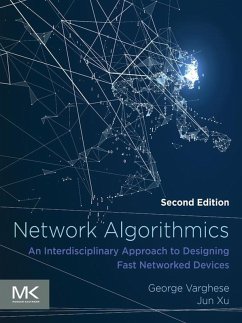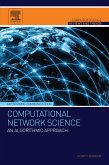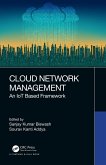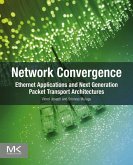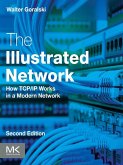Thoroughly updated based on courses taught by the authors over the past decade, the book lays out the bottlenecks most often encountered at four disparate levels of implementation: protocol, OS, hardware and architecture. It then develops fifteen principles key to breaking these bottlenecks, systematically applying them to bottlenecks found in end-nodes, interconnect devices and specialty functions located along the network. Later sections discuss the inherent challenges of modern cloud computing and data center networking.
- Offers techniques that address common bottlenecks of interconnect devices, including routers, bridges, gateways, endnodes, and Web servers
- Presents many practical algorithmic concepts that students and readers can work with immediately
- Revised and updated throughout to discuss the latest developments from authors' courses, including measurement algorithmics, randomization, regular expression matching, and software-defined networking
- Includes a new, rich set of homework exercises and exam questions to facilitate classroom use
Dieser Download kann aus rechtlichen Gründen nur mit Rechnungsadresse in A, B, BG, CY, CZ, D, DK, EW, E, FIN, F, GR, HR, H, IRL, I, LT, L, LR, M, NL, PL, P, R, S, SLO, SK ausgeliefert werden.

